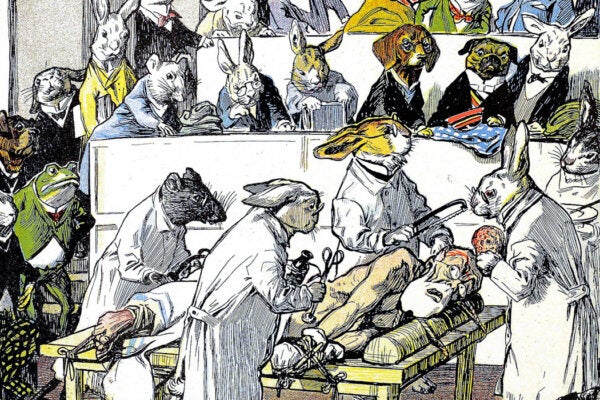The Post Office and Privacy
We can thank the postal service for establishing the foundations of the American tradition of communications confidentiality
The British Empire’s Bid to Stamp Out “Chinese Slavery”
The mui tsai custom, which the British saw as a Chinese practice, relied on connections made across the multiracial landscape of colonial Malaya.
Tramping Across the USSR (On One Leg)
Historian Sheila Fitzpatrick explores the limits of the Stalinist system through the biography of a marginal figure, one Anastasia Emelianovna Egorova.
How Government Helped Birth the Advertising Industry
Advertising went from being an embarrassing activity to a legitimate part of every company’s business plans—despite scant evidence that it worked.
Harvey Houses: Serving the West
In 1875, Fred Harvey had an idea for improving dining on passenger rail lines. He changed the face of food service in the West forever.
MeerKAT: The South African Radio Telescope That’s Transformed Our Understanding of the Cosmos
MeerKAT has emerged as a beacon of innovation and opportunity on the African continent.
Building Classroom Discussions around JSTOR Daily Syllabi
Help students develop discussion skills using JSTOR Daily syllabi and roundups as catalysts for classroom conversations.
The Dangers of Animal Experimentation—for Doctors
Nineteenth-century opponents of vivisection warned that the practice could make researchers and physicians callous toward all living creatures.
Fredric Wertham, Cartoon Villain
Wertham convinced 1950s America that comic books led to depravity. He also used his extremist views to raise money for an anti-racist clinic in Harlem.
Separated by a Common Language in Singapore
Singapore English is famous for its sentences that end with the particle lah. But what does it mean when people use the particle one instead?









